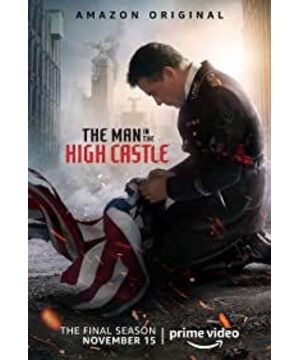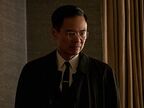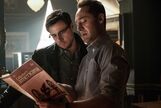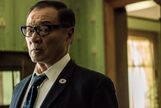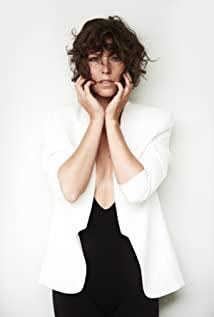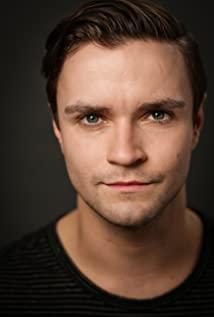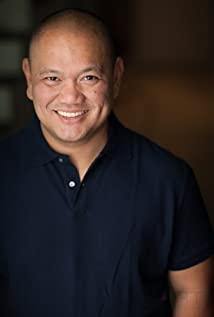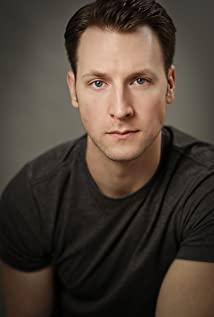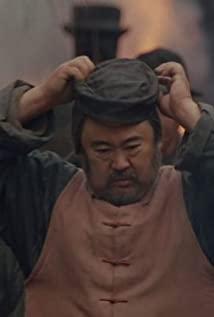In terms of conception, it is a drama with a big brain hole. The United States was divided up by Germany and Japan. This drama gives a possible social microcosm. , uneasy public sentiment, rulers sitting at the top of the temple, and enslaved people living in the bottom of society, where will this society of two starkly opposed classes go?
There seems to be only one answer: one class is transformed by another. Of course, the show naturally stands on the stand of the American people. The repressive policies of the ruling authorities in the play are not too obvious. They only show their hideous minions at the right time, trying to stifle all the signs of revolution. Class differences here are no longer simple social status, but also include differences in social and cultural customs. These are irreconcilable in a short period of time. The most obvious example is the communication between antique collector Robert and a Japanese couple. In the period of 1999, the conflict of ideas is thoroughly reflected in the alienation and distrust between classes, and the resulting rift is bound to exist for a long time.
The heroine has a humiliating expression from beginning to end. She is unsmiling. Personally, I feel that it fits the overall atmosphere of the show. Beneath her seemingly weak appearance, she has an unknown tenacity. After her sister was killed, the heroine was not as ordinary. People who endure silently like that, continue to live on, but risk a person to go to the middle ground alone to find the answer. This is not possible for those who are not strong-willed. Just like Frank, when faced with such a choice, the first thing that comes to mind is to give in, not Because of the lack of courage and courage, but because he himself understood that this was undoubtedly "the cockroach shaking the tree", the ending was doomed to be one-sided, especially considering the identity of the Jews. In addition, the heroine is still able to maintain herself in the intricate game of all parties, and has not been brainwashed in the so-called "enemy struggle", which is clearly different from the people of the "resistance organization".
The conflicts between other characters in the play are also very exciting, such as the disagreement between the Japanese public security prosecutor and the foreign trade minister, the struggle between Smith and the commander-in-chief, one is about political opinions and the other is about rights, but it can be seen that with Zhu. Like ordinary people such as Lianna, they also face different difficult choices. From this perspective, they are only small people in the big background.
In general, the progress of the plot is a little slow, the main line of the movie has not been fully developed, and I look forward to the next season.
View more about The Man in the High Castle reviews


